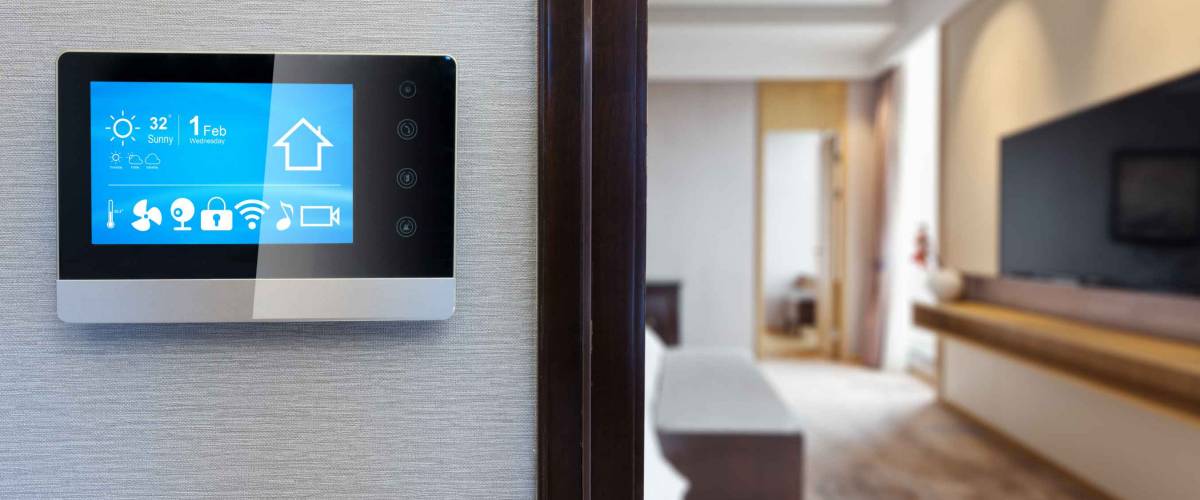Get rewarded for safe driving

You’re a good driver, right? Why shouldn’t you pay less if you’re less likely to get into a collision?
Time to prove it.
Many insurance companies offer what’s called usage-based car insurance (UBI): The company will install a gadget in your car that monitors your driving habits in detail.
These gadgets — called telematic devices — are super smart: They record where you go, your speed, acceleration and braking tendencies, and a bunch of other data. Typically, all this is tracked over a certain period of time and, after a review period, you may be offered a discount.
So how do I save money?
The rates you’re quoted from insurance companies are based on complex formulas — your age, your vehicle, your geography and your driving history, to name a few.
Some insurers will knock the price down just for installing a telematic device, even by 10-15%, and then come through with an even lower price after they’ve taken a closer look at your driving habits. A report from the Brookings Institution estimated that nearly 66% of policyholders with UBI in the U.S. will spend less for auto insurance, saving approximately $270 each year per car.
But you might end up saving even more than that. A study from the University of British Columbia found that UBI may actually make us safer drivers. Motorists tended to form new, safer habits in the first six to eight weeks. Who’s going to drive recklessly with someone watching over their shoulder?
If using a telematic device does make you a safer driver, you’re much less likely to be involved in a collision, which would, in turn, lower your premiums in the long run.
Is it worth it?
Read the fine print: Some car insurance companies might raise your premiums if you don’t score well during the review phase. Some states don’t allow this, but if you are planning to participate in a UBI program, make sure you ditch your bad habits first.
There’s also the question of privacy — should we be sharing where we are at all times just to knock a few bucks off our bill? Even if that information isn’t being sold, the mere fact that it exists means it’s open to data breaches.
Even if you don’t opt for UBI, there are still plenty of ways to score big discounts on your auto insurance.
The biggest way to take a bite out of your bills is to look for the best rate. It might seem obvious, but when’s the last time you comparison-shopped? If it’s been longer than six months, you could be wasting more than $1,000 per year. With a free service like SmartFinancial, you could find the best price in just minutes.
Stop overpaying for home insurance
Home insurance is an essential expense – one that can often be pricey. You can lower your monthly recurring expenses by finding a more economical alternative for home insurance.
SmartFinancial can help you do just that. SmartFinancial’s online marketplace of vetted home insurance providers allows you to quickly shop around for rates from the country’s top insurance companies, and ensure you’re paying the lowest price possible for your home insurance.
Explore better ratesLower your home insurance premiums

It sounds like an episode of Black Mirror, but you can connect a lot of your home to the internet.
Some of these smart home products, like smart drinking glasses or smart beds, probably aren’t saving you any cash. But a video doorbell or smart door lock may help thwart would-be burglars, leading some insurance companies to reward you with lower rates.
But such “internet of things” devices don’t just lower your premiums, they could even prevent future claims.
According to the Insurance Information Institute, water was the third-leading cause of claims from 2014-2018 with an average of $10,849 per claim. But new technology can even tell homeowners about early signs of a pipe leak, alerting users by app and allowing them to schedule repairs before a manageable problem turns into a costly claim.
Before you connect everything and your kitchen sink to the internet, make sure you’re not missing the easiest way to lower your rates. Studies show you can save more than $1,000 a year just by shopping around when you buy or renew your homeowners insurance.
Save on health and life insurance

In 2018, John Hancock, one of the oldest and largest North American life insurers, announced it would only sell “interactive policies” — that is, those using health and fitness data from the policyholder to adjust premiums or give discounts.
Popular wearable fitness trackers can log your exercise data, total up the calories you’ve burned or steps you’ve taken, or even monitor your diet.
John Hancock offers a number of rewards — if you’re active enough — including an up to 25% discount on premiums. UnitedHealthcare offers credits for reaching fitness goals that can be used for out-of-pocket health expenses. Health insurer Oscar rewards its app users with $1 towards an Amazon gift card for each day they meet their fitness goals.
There was a flood of requests for life insurance policies in 2020 — unsurprising given that the coronavirus has claimed more than 350,000 lives and counting in the U.S.
If the pandemic has inspired you to follow suit, make sure you shop around to find the lowest rate. With free online services like Quotacy, you can review customized policies side-by-side, simply and quickly — and you don't even need to provide your daily step count.
Sponsored
Unexpected vet bills don’t have to break the bank
Life with pets is unpredictable, but there are ways to prepare for the unexpected.
Embrace Pet Insurance offers coverage for treatment of accidents, illnesses, prescriptions drugs, emergency care and more.
Plus, their optional wellness plan covers things like routine vet trips, grooming and training costs, if you want to give your pet the all-star treatment while you protect your bank account.






